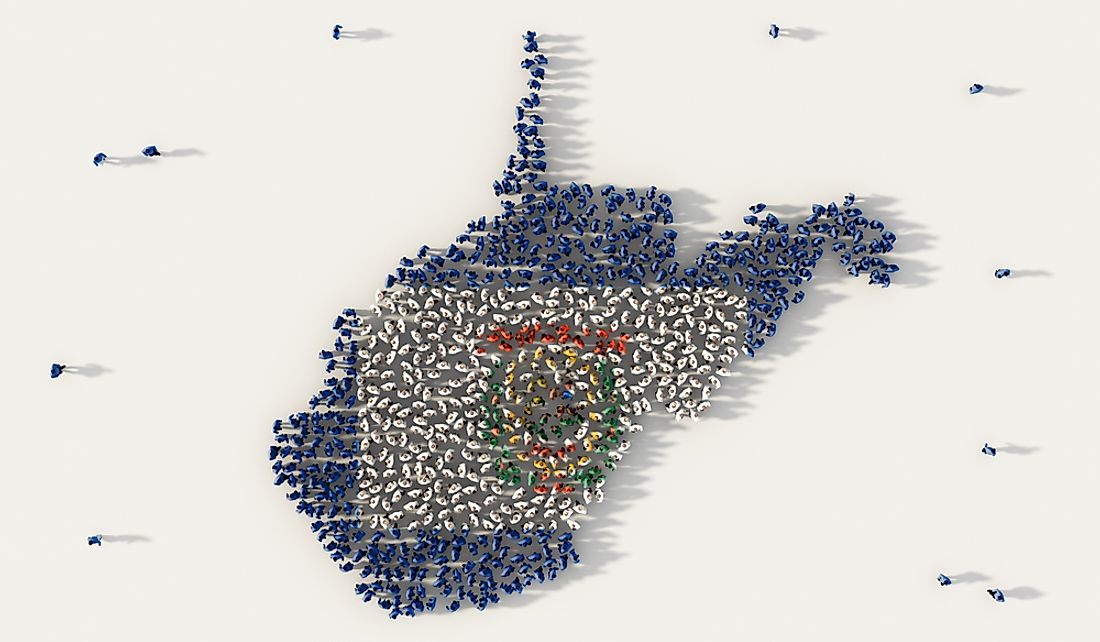What Is The Ethnic Composition Of West Virginia?

West Virginia is the 9th smallest and the 38 most populous of the 50 states. The population of West Virginia is estimated at 1.81 million as of 2019. This figure represents a 2.55% decline compared to 2010. The first census conducted in the state in 1790 estimated the population at 55,800, a century later the number had risen to 763,000. In 1910, the population reached the one-million mark when a census placed the figure at 1.2 million. In 1950, the population rose to 2 million; the highest ever registered in the state. Since then, the population has been declining gradually. Non-Hispanic whites make up the largest portion of the state.
Race and Ethnicity
The ethnic composition of the population is 92% non-Hispanic white, 3.9% African American, 1.2% Latino or Hispanic, 0.75% Asian, and the remaining consist of Native Indians, Alaska Natives, Native Hawaiian, and other Pacific Islanders. The state has the lowest percentage of residents who speak a language other than English as a first language. Of white Americans, 18.9% are of German descent, 15.1% Irish, 11.8% English, and 4.7% Italian. 12.9% describe themselves as American, meaning that although they are of European heritage, their families have been in North America for a long enough period to no longer identify with their European roots. A large number of people who identify as of German ancestry are found in the northeastern counties while the English are present throughout the state.
Birth Rate
The average birth rate of the state is about 1.86, which is slightly higher compared to the national average of 1.77. However, the population of the state continues to decline due to several other factors. West Virginia has the highest figures of overdose deaths in the country, and high rates of adult obesity, diabetes and hypertension, and a high rate of newborns with neonatal abstinence syndrome. Financial concerns, educational aspirations, and career advancement are some of the reasons why women in the state delay having children. The number of new birth in the state has declined from 22,425 in 1987 to 18,568 in 2017. About 91% of newborns are white, 3.4% are African American, and 2.1% are Hispanic.











